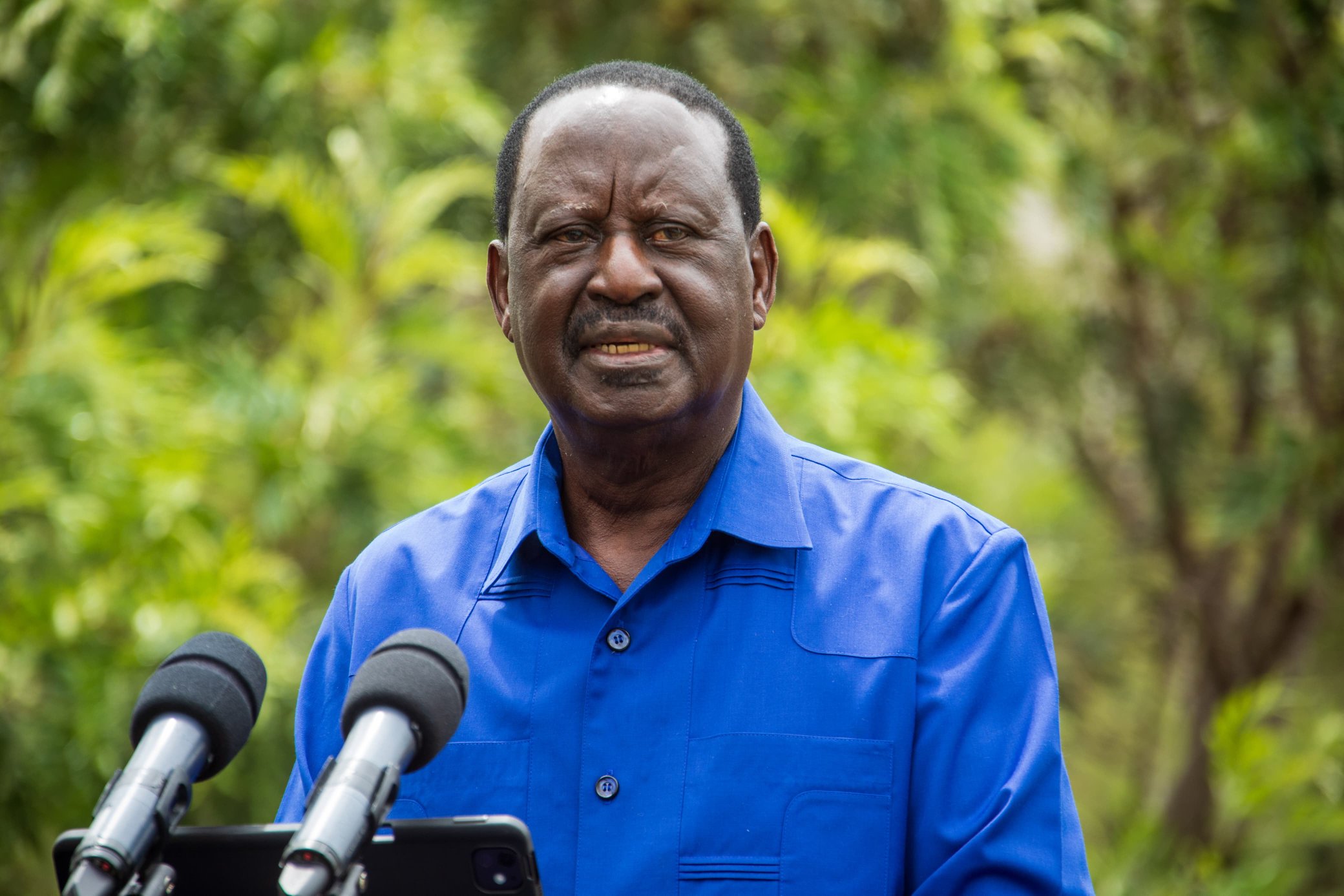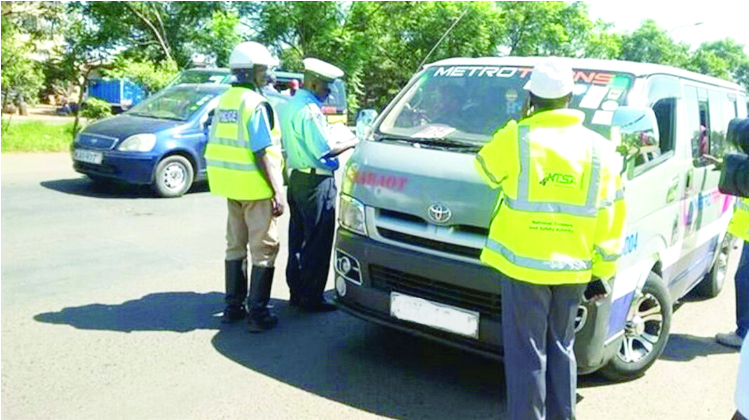Community-driven model brings health, social gains

Over the past week, I took a break from politics and traversed Trans Nzoia to visit various sub-counties and communities where Moi University’s Chamas for Change is implementing the Women Rise Initiative with the support of Aga Khan University’s media school and African Population and Health Research Centre.
The journey was revelatory. We encountered articulate and passionate women championing progressive maternal and child health behaviours in the context of their community-held knowledge and practices. Leaders of the many chamas, christened Chama cha Mama Toto, can only be described as elegant and articulate on how the Women Rise Project is transforming lives, shifting practices from home births to health-facility deliveries.
Well, Chamas for Change is a research project by Moi University that draws from the AMPATH facilities in communities, community health promoters, community members and medical officers to walk with women for up to 1,000 days of an infant’s life, emphasising prenatal care, exclusive breastfeeding, immunisations, and family planning.
Chamas for Change, funded by the International Development Research Centre Women Rise Initiative is one of 23 global research teams in the Middle East, Asia and Latin America, in partnership with Canadian institutions implementing action-oriented, gender-transformative research on how women’s health and their work were affected by Covid-19 and how women are recovering.
Adopting a novel model, Chamas for Change is anchored on the long-held tradition of chama, the popular informal grouping of women that mimics cooperative societies to pool and invest savings by people in Kenya and the wider East African region. Chamas are associated with women but Chamas for Change health and financial transformation in their engagements with over 521 chamas has seen the project enjoin men in landmark and transformative groups of men and women called Chama cha Baba Toto and Chama cha Mama Toto respectively
.
Chamas for Change has managed to change the lives of many communities in Trans Nzoia, Busia, Bungoma and Uasin Gishu counties among others by leveraging the over 521 chamas and peer support to educate communities especially women on health education, social cultural topics which touch on maternal newborn and child health and financial support.
Women in these chamas have become enlightened and knowledgeable ambassadors of health, social and financial transformation and they are breathing a fresh air of progressive health seeking behaviours in their communities from their community and cultural understanding to great effect.
The tangible benefits we witnessed as we traversed the sub-counties of Trans Nzoia include increased facility births, progressive health seeking behaviours like up to eight antenatal visits of contacts with health practitioners before childbirth, uptake of family planning methods, child immunisation up to age five and exclusive breastfeeding for six months and most importantly vibrant and supportive social groups.
The community-driven model, combining scientific knowledge with local traditions, is proving successful and even being replicated in developed countries.
The enthusiasm and passion of women and men in different chamas in Mt Elgon, Cherangany, Endebess, Saboti, and Kwanza sub-counties, particularly the leaders of these chama groups, highlight the potential of providing equal opportunities to drive significant change through a participatory approach to actionable research.
Researchers bring scientific knowledge and team up with community members and government decision-makers to build powerful actionable participatory research that demonstrates the power of integrating local knowledge and lived experiences into actionable research and policy interventions, fostering resilience and better health outcomes for women and children.
— The writer is a PhD student in Political Communication












